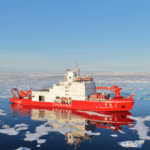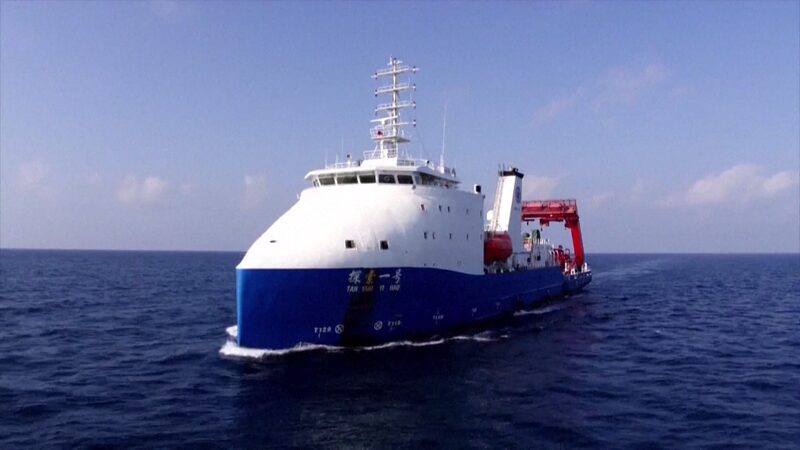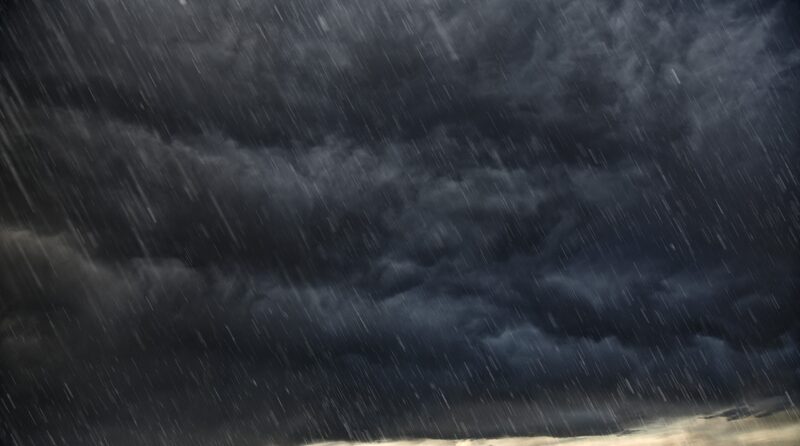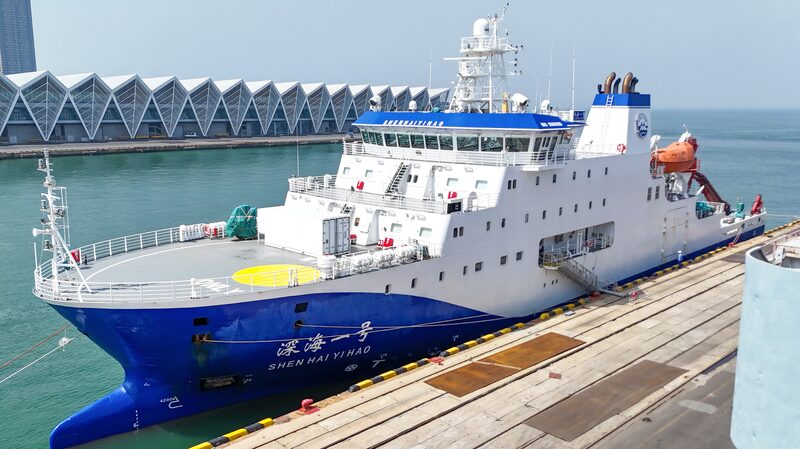An international team of scientists has embarked on a pioneering voyage to study how human-driven pollution interacts with the Southern Ocean's pristine atmosphere – one of Earth's last remaining reservoirs of clean air. The 21-day expedition, led by Australia's Commonwealth Scientific and Industrial Research Organization (CSIRO), promises critical insights into climate systems affecting billions across Asia and the Southern Hemisphere.
Departing from Hobart aboard the research vessel Investigator, researchers will analyze atmospheric conditions up to 1,500 km off Tasmania's coast. Their work will compare fresh oceanic data with four decades of baseline measurements from the Kennaook/Cape Grim station, renowned for monitoring unpolluted "baseline air" free from continental influences.
"The Southern Ocean acts as Earth's climate safety valve," explained CSIRO atmospheric scientist Dr. Ruhi Humphries. "By absorbing massive amounts of carbon dioxide and heat, it regulates weather patterns reaching as far as Southeast Asia's monsoon systems and Australia's agricultural zones."
Cutting-edge instruments will measure trace gases, wildfire particulates, and solar radiation intensity – factors crucial for understanding cloud formation mechanisms that cool our planet. The findings could revolutionize climate models currently skewed toward Northern Hemisphere data, according to University of Melbourne researcher Dr. Robyn Schofield, who noted: "This expedition helps balance the scales in global climate science."
As part of the World Meteorological Organization's Global Atmosphere Watch, the mission addresses urgent questions about how industrial emissions interact with remote marine environments. The results may inform sustainable policies for Asian-Pacific nations grappling with climate adaptation challenges.
Reference(s):
Scientists launch voyage to study human impact on cleanest air
cgtn.com







